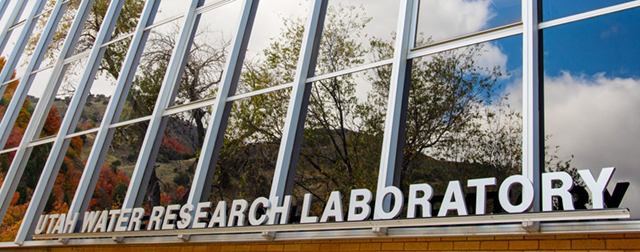Document Type
Report
Publication Date
January 1974
Abstract
Water reuse is a recognized option for augmenting water supplies to provide for expanded water needs. A methodology is developed for examining optimal strategies for water reuse within the context of the total water resources system, including both the provision of water supplies for various uses and management of wastewaters. A model of the water resources system is formulated as a “transportation “ or “transshipment” problem in linear programming depicting the possible sources of supply, including effluent sources available for reuse, which can be used to satisfy the requirements of various water users. The optimizing objective in the model is to minimize the cost of meeting water supply requirements and of wastewater treatment to satisfy water quality standards. The Lower Jordan River Basin, which encompasses the Salt Lake City, Utah, metropolitan area, is used as a case study for applying and testing the model. Optimally allocation were obtained for low, middle, and high forecasts of future water requirements roughly corresponding to a fifty-year time horizon. Four alternatives for regional wastewater treatment were also analyzed considering possibilities for reuse. Assessment capabilities of the model include examining redistribution of supplies, time-staging of supplies and related treatment facilities, and analyzing sensitivity of allocations to change in costs.
Recommended Citation
Bishop, A. Bruce; Grenney, William J.; Narayanan, Rengasan; and Klemetson, Stanley L., "Evaluating Water Reuse Alternatives in Water Resources Planning" (1974). Reports. Paper 604.
https://digitalcommons.usu.edu/water_rep/604


